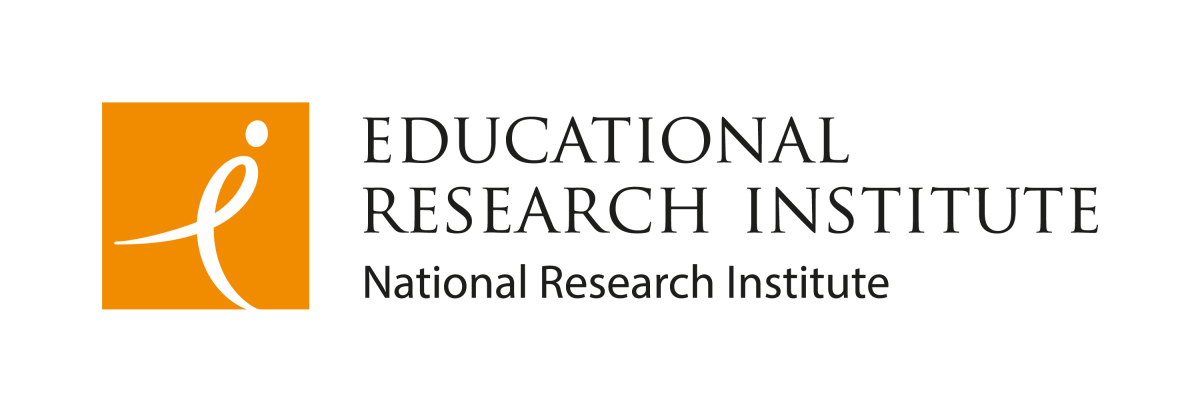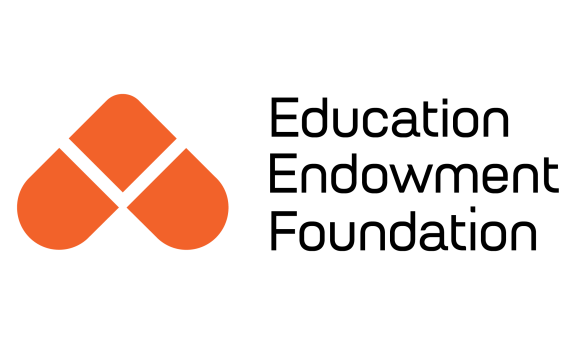We summarise the global and local evidence base in a way that is accessible to teachers, policymakers and others which can make a difference to the life chances of children and young people.
How we work
To understand whether approaches are promising for improving the lives of children and young people, it’s important that we look at the overall evidence base – not just individual studies. Evidence needs to be available to everyone and not hidden behind academic paywalls or technical language. Across the network we conduct evidence synthesis to summarise evidence in a way that is systematic, transparent, comprehensive but, most importantly, accessible to education leaders, teachers and policymakers.
One of the ambitions of the network is to build a shared global evidence infrastructure where education studies are a shared global good that can be synthesised rapidly to answer challenges responsively. So far, the network has developed a global repository of over 5,000 studies with information extracted on impact, methodology, context, and pedagogical practice.
Network partners have developed accessible evidence portals to summarises the cost, impact, and evidence security of 30 school based approaches (including feedback, homework and small-group tuition) and 12 early childhood education approaches (including early literacy, play-based learning and parental engagement). Members of the network support systematic reviewing of the global evidence base, alongside local evidence summaries that explore the different contexts in which approaches are implemented. To date, the global evidence base has been contextualised for use across eight evidence function partnerships spanning four continents and is available in numerous languages including Arabic, Catalan, English, Spanish, Portuguese, French and Dutch. Some members have also developed and included new context-specific approaches as evidence portal strands.
Alongside the evidence portals, members of the network produce accessible guidance reports that provide practical recommendations to schools and policymakers combining rigorous evidence with stakeholder engagement through panel processes.
How we’re summarising evidence
Making the global evidence base accessible for English school leaders and teachers
Developing evidence portal topics for Sub-Saharan Africa
Contextualising the global evidence base for the Arab World
Supporting education recovery in the Netherlands
Building evidence infrastructure for living reviews










